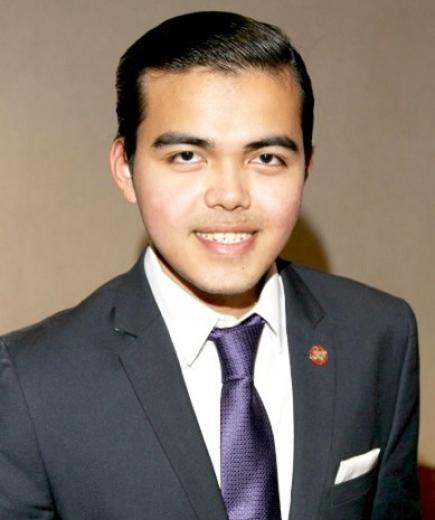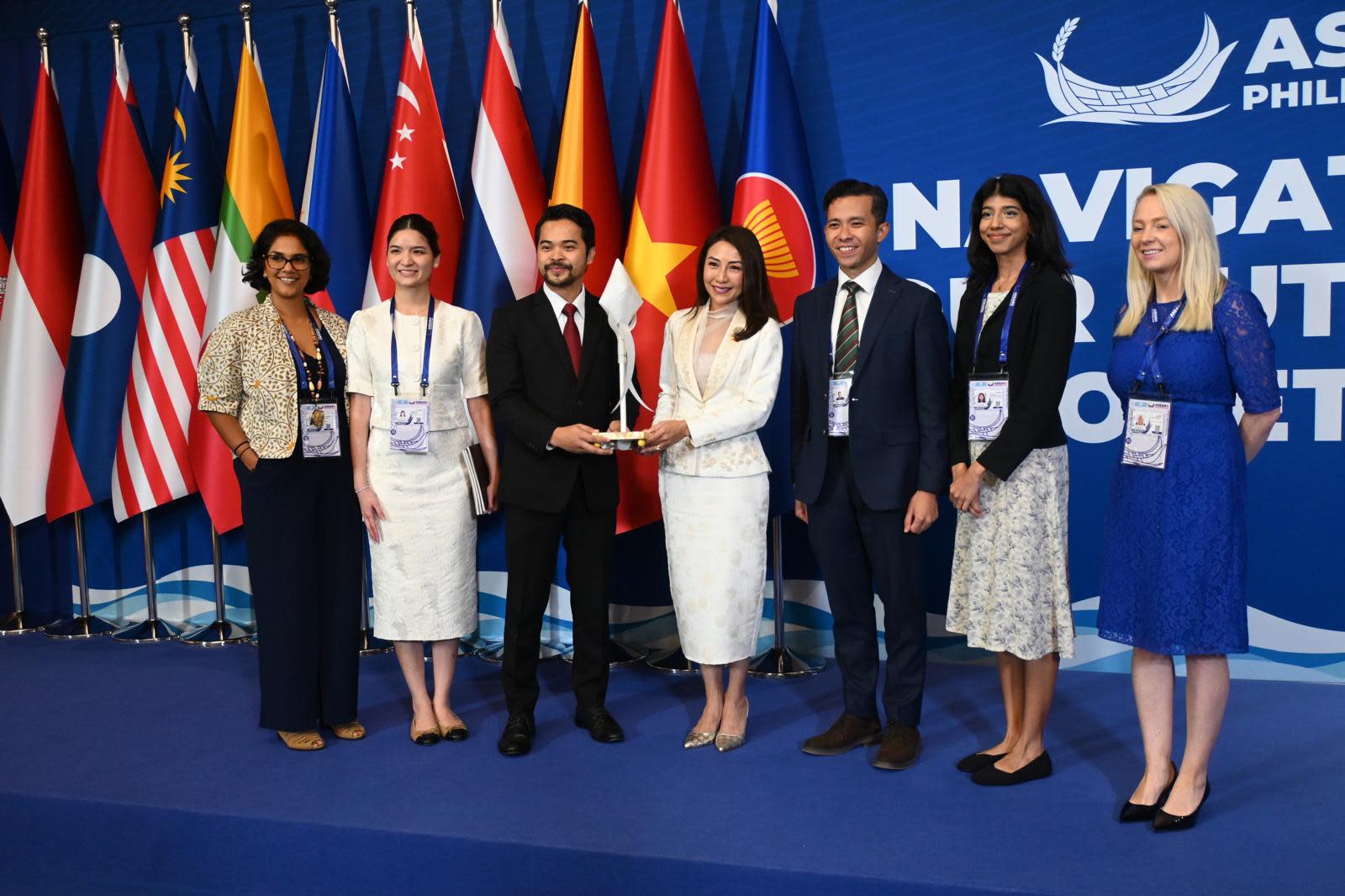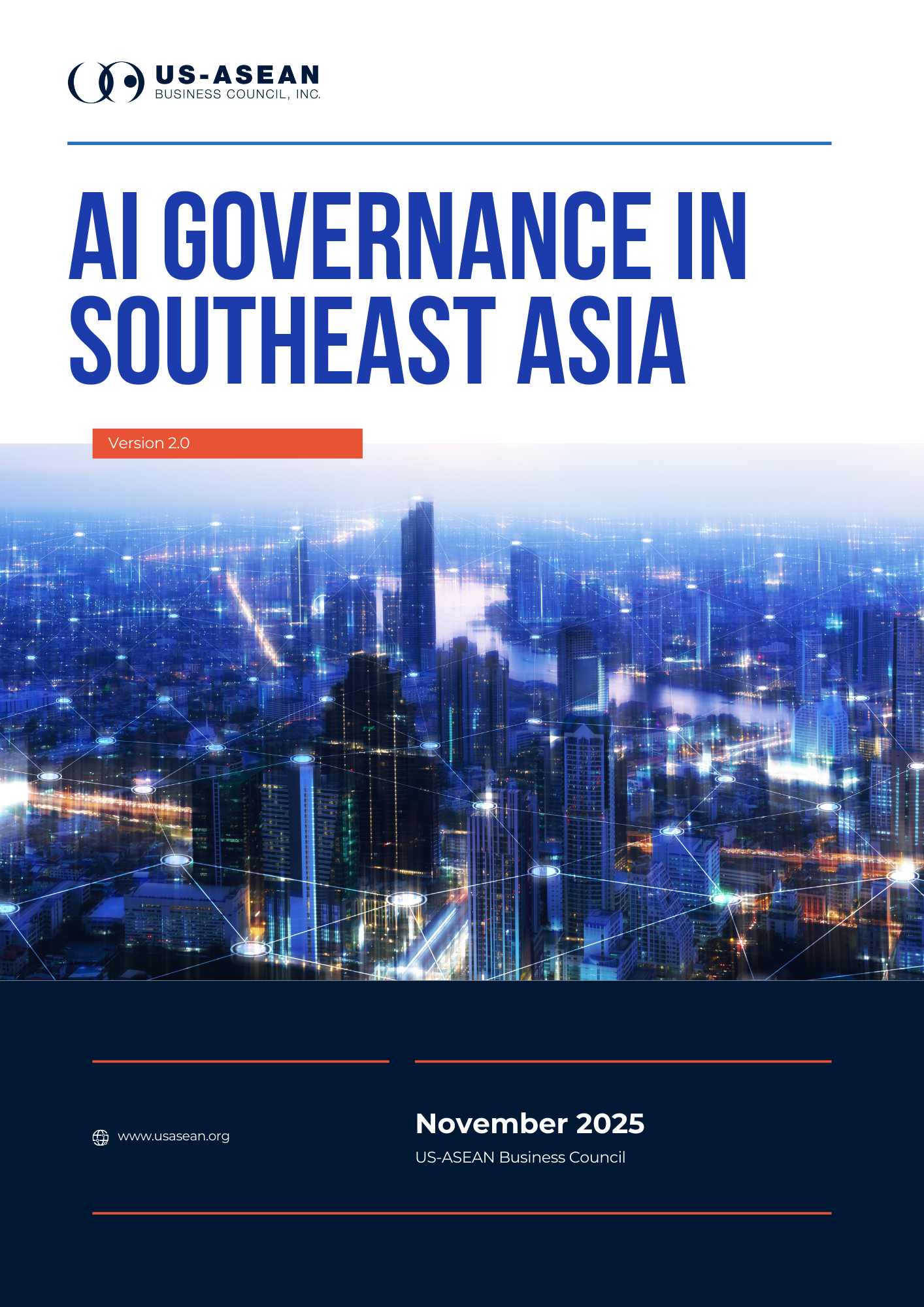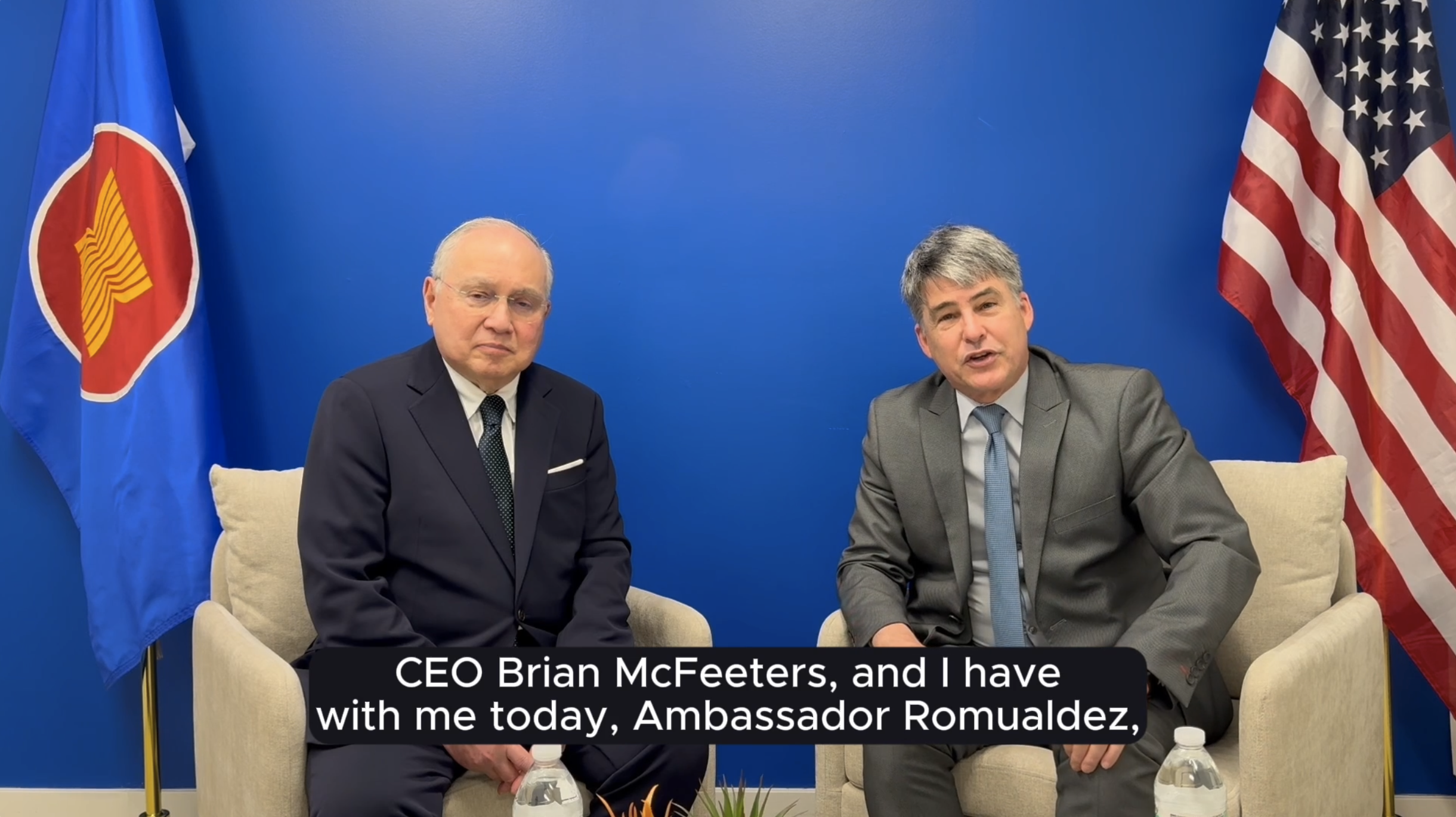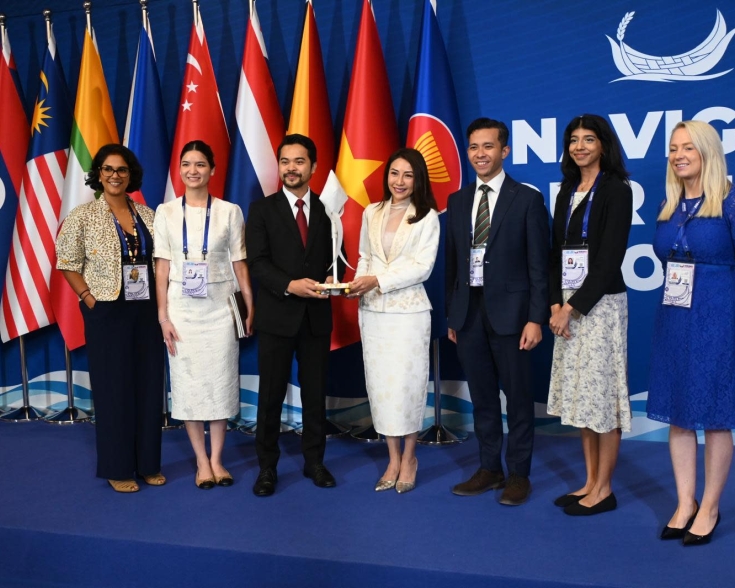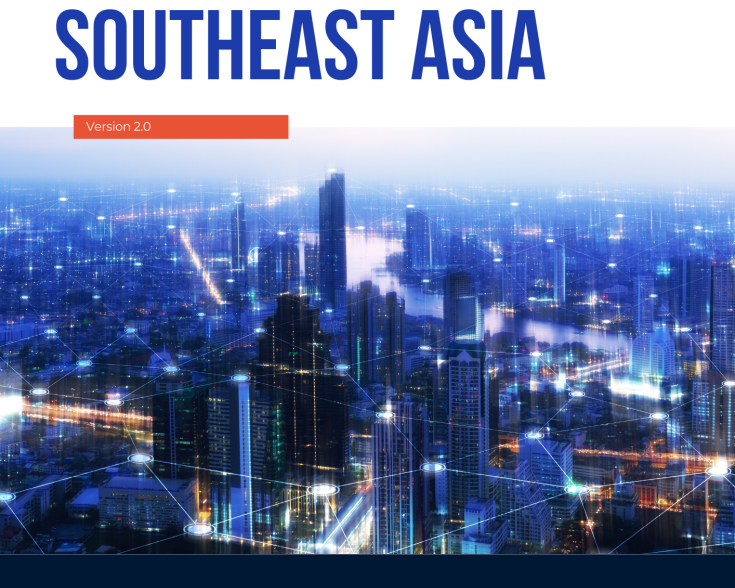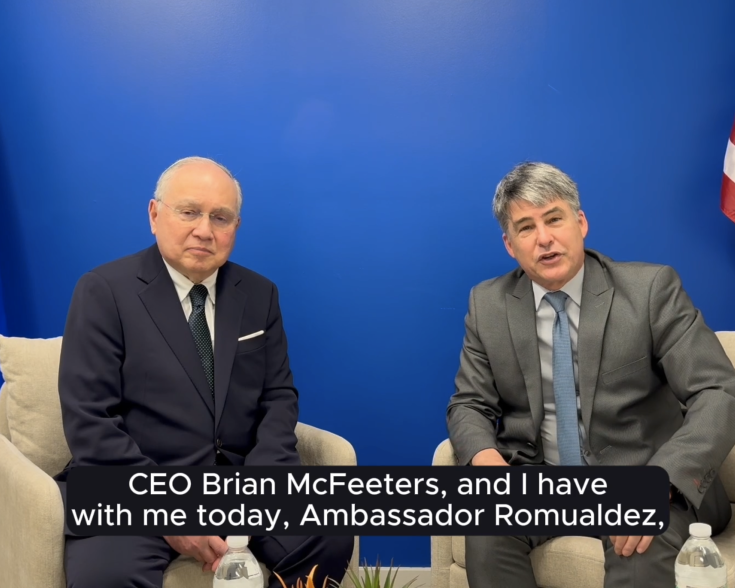Fragile Peace: The Cambodia-Thailand Ceasefire and Implications for Cambodia’s Stability

The Cambodia - Thailand ceasefire, agreed upon on July 28, marks a significant yet fragile moment in a border conflict that had escalated into one of the deadliest clashes in over a decade. The five days of intense fighting, centered around long-standing territorial disputes over regions like Preah Vihear and Ta Moan Thom temples, resulted in at least 43 deaths and over 300,000 displaced civilians. The ceasefire, brokered through ASEAN mediation with strong involvement from the U.S. and China, was hailed as a diplomatic victory by Cambodian Prime Minister Hun Manet, who hoped it would lay the foundation for lasting peace. The defense ministers subsequently met on August 4 under the “General Border Committee (GBC)” to discuss solidifying the initial ceasefire deal and engage in border discussions, but did not yet arrive at a permanent resolution. International observers from the U.S., China, and Malaysia were present, with ASEAN tasked with deploying a monitoring team.
On August 7, the two nations formalized the ceasefire in a detailed 13‑point implementation agreement at a subsequent meeting of the GBC, representing a concrete roadmap toward sustaining the truce. Notably, the agreement includes an immediate and complete cessation of hostilities (including all forms of weapon use), a freeze on troop reinforcements and deployments, protective measures for civilians, and support for the safe return of displaced populations. Crucially, the agreement establishes ASEAN military observer teams stationed in each country, led by Malaysia, to monitor real‑time conflict resolution and compliance. Both parties also committed to refraining from provocations, territorial intrusions, or violations of the ceasefire. These measures add tangible structure and accountability mechanisms to the ceasefire, aiming to curb unilateral actions and solidify trust between the militaries. However, simultaneous legal escalation outside of such meetings indicates less optimism. On August 5, acting Prime Minister Phumtham Wechayachai instructed his Cabinet to initiate both criminal and civil, domestic and international, lawsuits against Cambodia for allegedly using military force that violated Thailand’s sovereignty and caused significant civilian and military casualties. While Thailand explicitly excludes pursuing the case through the International Court of Justice, the move adds a confrontational legal layer to the already volatile peace efforts. Cambodia rejected the legal action as "politically motivated" and baseless, asserting its commitment to peace under the existing ceasefire.
Further, a disconnect remains between Phnom Penh’s assurances and the reality of military actions on the ground. The root causes of the border conflict remain unresolved, and military forces on both sides continue to occupy contested territories and accuse each other of ceasefire violations. The situation was further complicated by the capture of 18 Cambodian soldiers by Thai forces as prisoners of war (POWs) shortly after the truce, returned safely after negotiations, highlighting the ongoing mistrust between the two sides. The Cambodian government has been cautious, emphasizing restraint and the need for Thailand to respect the ceasefire, but admit that local commanders’ autonomy and nationalist pressures could easily undermine the fragile peace. Minor unilateral actions continue to be viewed as military posturing - such as a string of barbed wire and troop reinforcement on an ill-defined line. The long-term stability of the truce will depend on sustained diplomatic engagement, concrete border agreements, and a commitment from both sides to resolve the underlying territorial disputes. For Cambodia, this ceasefire is a critical opportunity, but it is also a reminder of the precarious balance between peace and conflict, where a single misstep could reignite hostilities.
Especially interesting has been Prime Minister Hun Manet’s approach to the ceasefire, reflecting a blend of diplomatic pragmatism and political strategy in his handling of Cambodia’s relationship with the United States. President Trump’s influence, exerted through direct threats of punitive tariffs and trade leverage, played a pivotal role in pushing both countries to the negotiating table, for which Hun Manet’s government proposed nominating Trump for the Nobel Peace Prize, a move previously taken by the Israeli and Pakistani governments. By aligning Cambodia’s peace narrative with Trump’s international persona, Hun Manet not only secures economic interests but also distinguishes his leadership from the more hardline stance of his father, Hun Sen. This positions him as a leader who can balance diplomacy with national security concerns, with hopes of gaining further favor from the U.S. amid ongoing trade disputes.
